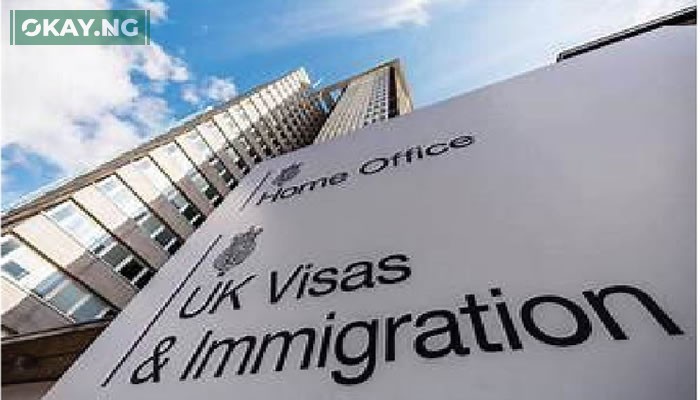The UK government has announced an ambitious plan to reduce net migration by approximately 100,000 people annually through a comprehensive Immigration White Paper unveiled on Monday.
This blueprint introduces reforms across work visas, international education, asylum policies, enforcement, and settlement rules.
Central to the plan is new legislation clarifying that immigration decisions rest with the Government and Parliament rather than courts, aiming to curb misuse of Article 8 rights to block deportations. Skilled worker visas will now require university-level qualifications, and salary thresholds for eligibility will increase, tightening access to the workforce.
The Immigration Skills Charge paid by employers will rise by 32%, the first increase since 2017, reflecting inflation adjustments. Notably, the social care sector will see the closure of overseas visa routes for new applicants, although current visa holders may extend or switch visas until 2028, subject to review.
A newly established Labour Market Evidence Group will guide immigration decisions using robust data, requiring sectors dependent on overseas labor to submit workforce strategies focused on increasing domestic recruitment and training.
The government will introduce a Temporary Shortage List, allowing limited access to the points-based system for lower-skilled roles only if long-term shortages are confirmed and employers commit to hiring more UK workers.
Student immigration will also be tightened, with post-study work visas reduced from two years to 18 months and potential levies on income from international students to fund domestic skills development. Universities will face stricter compliance criteria for recruiting international students.
To combat illegal immigration and crime, foreign nationals convicted of offenses-even without imprisonment-may face deportation, alongside tougher asylum enforcement. Digital eVisas will replace physical permits to streamline monitoring, and English language proficiency requirements will rise.
Settlement periods will extend from five to ten years, with faster routes for those making significant economic or social contributions. Family members of British citizens retain the right to settle in five years, and protections for domestic abuse victims remain intact. The government also pledges support for young people raised in the UK without legal status, especially those in care.
“Those making strong contributions to the UK economy or society could qualify for faster settlement and citizenship,” the White Paper states, underscoring a shift toward merit-based immigration control.













